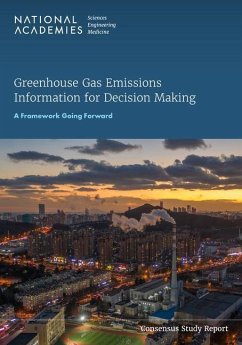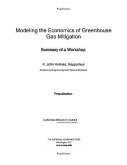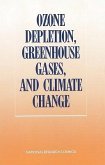"Climate change, driven by increases in human-produced greenhouse gases and particles (collectively referred to as GHGs), is the most serious environmental issue facing society. The need to reduce GHGs has become urgent as heat waves, heavy rain events, and other impacts of climate change have become more frequent and severe. Since the Paris Agreement was adopted in 2015, more than 136 countries, accounting for about 80% of total global GHG emissions, have committed to achieving net-zero emissions by 2050. A growing number of cities, regional governments, and industries have also made pledges to reduce emissions. Providing decision makers with useful, accurate, and trusted GHG emissions information is a crucial part of this effort. This report examines existing and emerging approaches used to generate and evaluate GHG emissions information at global to local scales. The report develops a framework for evaluating GHG emissions information to support and guide policy makers about its use in decision making. The framework identifies six criteria or pillars that can be used to evaluate and improve GHG emissions information: usability and timeliness, information transparency, evaluation and validation, completeness, inclusivity, and communication. The report recommends creating a coordinated repository or clearinghouse to operationalize the six pillars, for example, by providing timely, transparent, traceable information; standardized data formats; and governance mechanisms that are coordinated, trusted, and inclusive of the global community."--Publisher's website.
Hinweis: Dieser Artikel kann nur an eine deutsche Lieferadresse ausgeliefert werden.
Hinweis: Dieser Artikel kann nur an eine deutsche Lieferadresse ausgeliefert werden.








